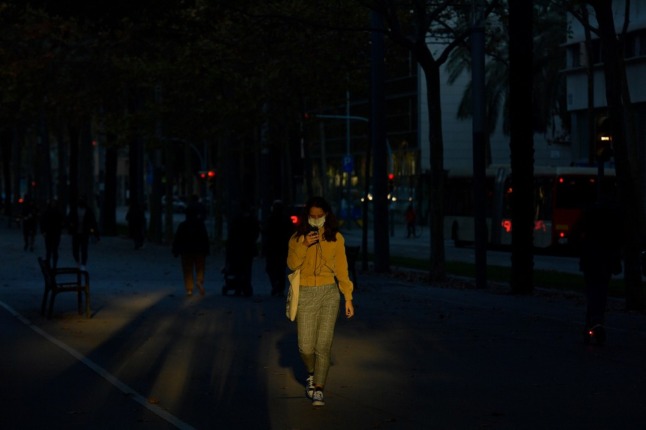Spain’s Supreme Court has cancelled the midnight curfew and the limit of six people for meetings in private settings on the Mediterranean islands of Mallorca, Menorca, Ibiza and Formentera.
According to the judges, the measures that were kept in place in the Balearics despite Spain’s state of alarm ending on May 11th go against citizens’ fundamental rights and “exceed the judgment of proportionality” in a region where the fortnightly Covid infection rate is currently 38.8 cases per 100,000 inhabitants.
This puts the Spanish archipelago in the “low” infection risk category for regions and provinces with infection rates below 50 cases per 100,000 people.
In theory, it would also allow the regional government to open bars and nightclubs until 3am under a new set of eased restrictions rolled out by the central government on Thursday.
However, the Balearic regional government is apprehensive about this, especially as they hope to welcome back international tourists soon and want to keep their infection rate as low as possible.
“We’re still in favour of a slow easing of restrictions, we know we have a lot at stake,” Balearic Health Councillor Patricia Gómez told journalists on Thursday.
Spain’s Supreme Court ruled that caution wasn’t enough of a reason for Balearic authorities to keep such measures in place.
Imposing measures such as a curfew or limits on gatherings is still possible even without the state of alarm, judges argued, but they have to be truly justified in that they serve to protect public health.
The curfew in the Balearics was actually due to end this weekend but the ruling is important as it’s the first time that the Supreme Court gives its verdict on regional curfews.
It also sets a precedent for similar post-state of alarm restrictions imposed in the Valencian region, where there is also a curfew, and Catalonia , Extremadura , the Canary Islands or Aragon , where there are limitations on gatherings.



 Please whitelist us to continue reading.
Please whitelist us to continue reading.
Member comments